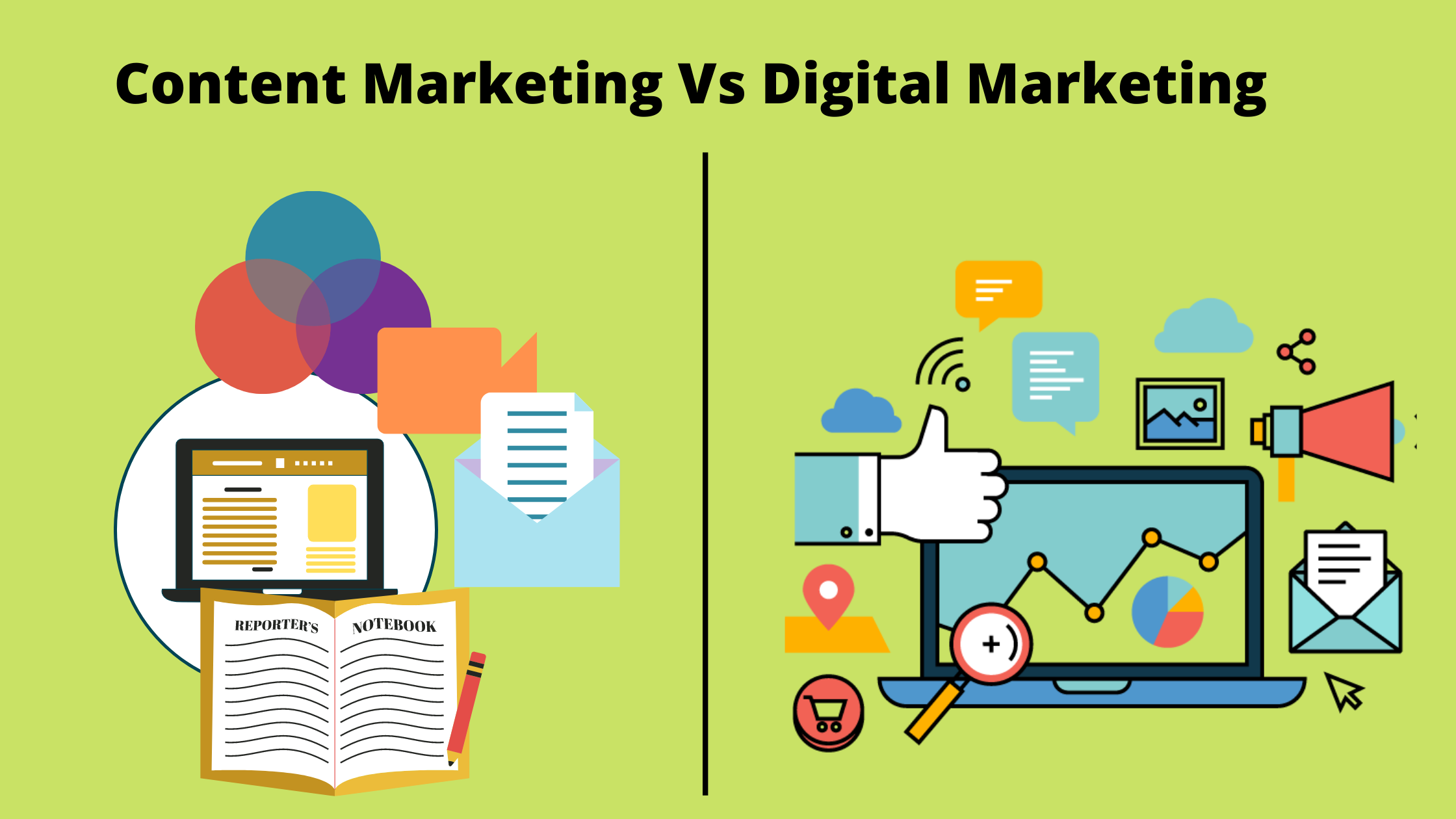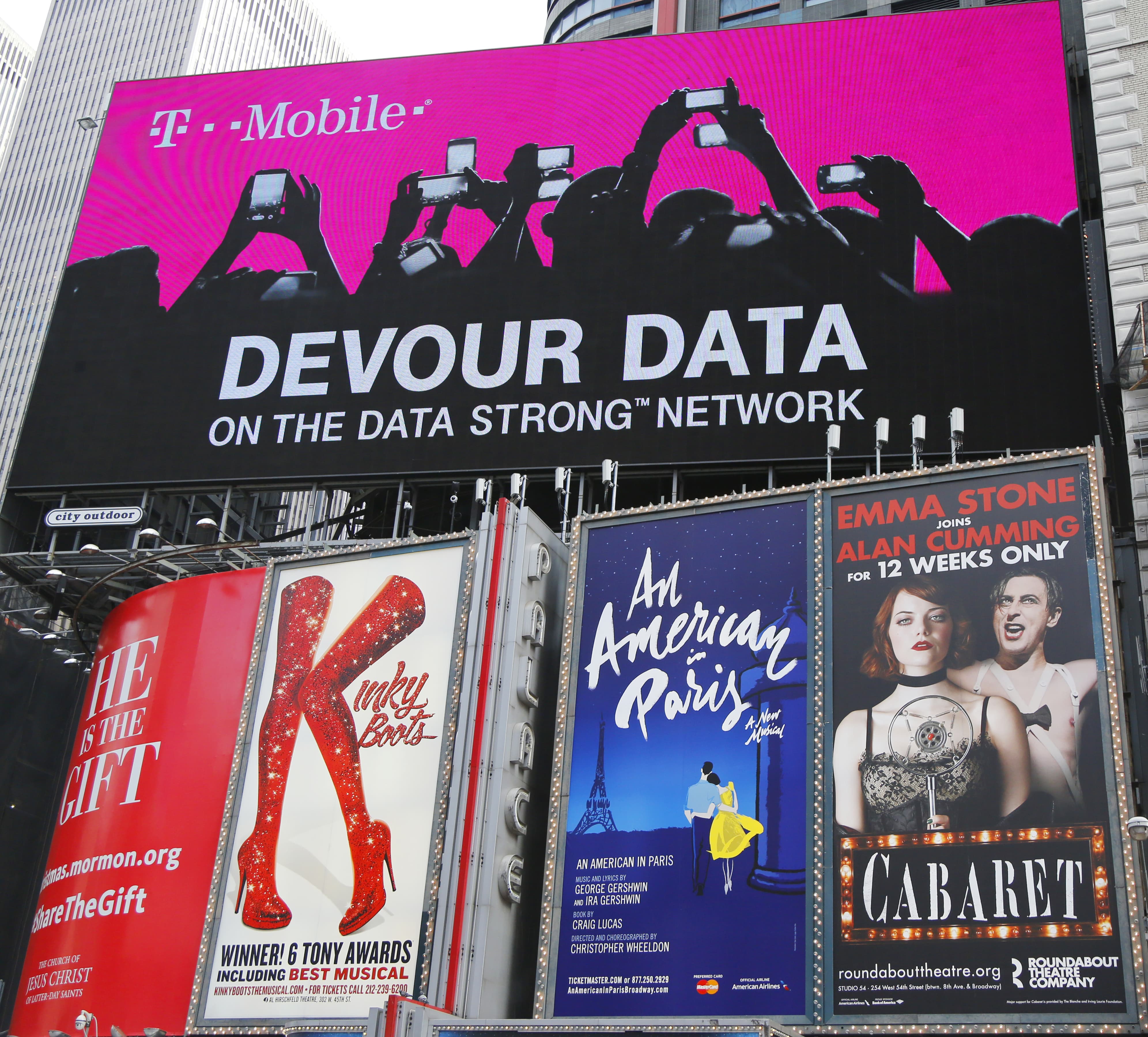Content Marketing Vs Advertising: Which One Should You Choose To Boost Your Business?
Let’s face it, in today’s digital world, getting your brand noticed is like trying to find a needle in a haystack. Whether you’re a small business owner or a marketing guru, the battle for attention is fierce. But here’s the million-dollar question: should you invest in content marketing or advertising? Both strategies have their own unique strengths, but which one will give you the biggest bang for your buck?
Imagine this: you’re scrolling through social media, and suddenly, an ad pops up. It’s flashy, eye-catching, and makes you stop for a second. That’s advertising in action. But then, you come across a blog post that solves a problem you’ve been struggling with for weeks. That’s content marketing at its finest. Both approaches are powerful, but they cater to different goals and audiences.
Now, before we dive deep into the nitty-gritty, let’s set the stage. Content marketing and advertising are two sides of the same coin, but they play by different rules. While advertising is all about grabbing attention quickly, content marketing focuses on building trust and relationships over time. In this article, we’ll break down both strategies, explore their pros and cons, and help you decide which one is right for your business.
- Bill Belichick Exwives The Untold Stories Behind The Nfl Legends Relationships
- Colin Cowherd Wife Pics The Inside Story Yoursquove Been Waiting For
What is Content Marketing?
Content marketing is like being the cool kid at school who shares knowledge instead of shouting about how great they are. It’s all about creating valuable, relevant, and consistent content that attracts and retains a clearly defined audience. The goal? To drive profitable customer action without directly pitching your product or service. Instead, you’re building a relationship based on trust and expertise.
Think of it as a long-term investment. You’re not asking for an immediate sale; you’re planting seeds that will grow into loyal customers. Content marketing can take many forms, including blog posts, videos, podcasts, eBooks, webinars, and social media updates. The key is to provide value first and foremost, whether it’s by educating, entertaining, or inspiring your audience.
Key Benefits of Content Marketing
Here’s why content marketing has become a go-to strategy for businesses of all sizes:
- Violets Modeling Opportunity Your Gateway To A Blossoming Career
- Andrea Bocelli Marriage Love Story Journey And Everything You Need To Know
- Cost-Effective: Once you’ve created content, it can continue to attract leads and generate traffic for months or even years.
- Builds Trust: When you consistently provide valuable information, your audience starts to see you as an authority in your field.
- SEO Powerhouse: High-quality content helps improve your search engine rankings, making it easier for potential customers to find you.
- Social Proof: People are more likely to trust recommendations from peers or influencers rather than traditional ads.
What is Advertising?
Advertising is like shouting from the rooftops, “Hey, look at me!” It’s a direct and often paid approach to promoting your product or service. The goal is to create awareness, drive traffic, and generate immediate sales. Ads can appear in various formats, including TV commercials, print ads, billboards, social media ads, and Google AdWords campaigns.
One of the biggest advantages of advertising is its ability to reach a large audience quickly. Whether you’re targeting a specific demographic or going for mass appeal, advertising allows you to get your message in front of the right people at the right time. However, it’s also a game of numbers. The more you spend, the more exposure you get, but there’s no guarantee of long-term results.
Key Benefits of Advertising
Here’s what makes advertising so appealing:
- Immediate Impact: Ads can create instant recognition and drive traffic or sales quickly.
- Tailored Targeting: With modern tools, you can target specific audiences based on demographics, interests, and behaviors.
- Measurable Results: Advertising platforms provide detailed analytics, allowing you to track the performance of your campaigns.
- Brand Awareness: Repeated exposure through ads can help establish your brand in the minds of consumers.
Content Marketing vs Advertising: The Key Differences
Now that we’ve covered the basics, let’s break down the main differences between content marketing and advertising. Think of it as a friendly rivalry, each with its own strengths and weaknesses. Here’s a quick rundown:
1. Approach
Content marketing is all about pulling in your audience by offering value, while advertising is about pushing your message out to as many people as possible. One builds relationships; the other seeks immediate results.
2. Cost
Content marketing can be more cost-effective in the long run, especially if you focus on evergreen content that continues to attract traffic. Advertising, on the other hand, can be expensive, especially if you’re running large-scale campaigns.
3. Timeframe
Content marketing is a marathon, not a sprint. It takes time to build trust and establish yourself as an authority in your niche. Advertising, however, is all about quick wins. You pay, you play, and you see results almost immediately.
4. Audience Engagement
Content marketing encourages engagement through comments, shares, and interactions. Advertising, while effective at grabbing attention, doesn’t always foster the same level of engagement.
Why Choose Content Marketing?
Let’s dive deeper into why content marketing might be the better choice for your business. First off, it’s all about building relationships. Instead of bombarding your audience with sales pitches, you’re offering solutions to their problems. This approach not only makes you more relatable but also positions you as a trusted advisor.
Plus, content marketing has a compounding effect. The more quality content you produce, the more likely you are to attract organic traffic. And let’s not forget about SEO. High-quality content is like a magnet for search engines. The better your content, the higher your rankings, and the more visibility you get.
Case Study: HubSpot
Take HubSpot, for example. They’ve built an empire on content marketing. By offering free resources, eBooks, and webinars, they’ve established themselves as leaders in the marketing world. And guess what? Their content continues to attract leads and generate revenue year after year.
Why Choose Advertising?
On the flip side, advertising has its own set of advantages. If you need quick results, it’s hard to beat the power of a well-placed ad. Whether you’re launching a new product or running a seasonal promotion, advertising can help you get the word out fast.
Another benefit of advertising is its ability to target specific audiences. With platforms like Facebook and Google Ads, you can reach people based on their age, location, interests, and even online behavior. This level of precision ensures that your message is seen by the right people at the right time.
Case Study: Coca-Cola
Coca-Cola is a prime example of a brand that has mastered the art of advertising. Their iconic campaigns have become part of pop culture, and their brand is recognized worldwide. While they also invest in content marketing, their advertising efforts have played a huge role in their success.
Can You Combine Both Strategies?
Here’s the thing: you don’t have to choose one or the other. Many successful businesses use a combination of content marketing and advertising to achieve their goals. Think of it as a tag team, where each strategy complements the other.
For example, you could use advertising to drive traffic to your content. By promoting your latest blog post or video through social media ads, you can reach a wider audience and encourage engagement. Similarly, you could use content marketing to support your advertising efforts. By creating valuable content that aligns with your ad campaigns, you can build trust and credibility with your audience.
Tips for Combining Both Strategies
Here are a few tips for integrating content marketing and advertising:
- Align Your Messaging: Make sure your content and ads are sending the same message to avoid confusion.
- Use Ads to Boost Content: Promote your best-performing content to reach a larger audience.
- Track and Analyze: Use data from both strategies to refine your approach and maximize ROI.
- Test and Experiment: Don’t be afraid to try new things and see what works best for your business.
How to Measure Success
Measuring the success of your content marketing and advertising efforts is crucial. Without data, you’re just guessing. Here are some key metrics to track:
For Content Marketing:
- Website Traffic: How many visitors are coming to your site?
- Engagement: Are people commenting, sharing, or interacting with your content?
- Lead Generation: How many leads are you generating from your content?
- SEO Rankings: Are your keywords improving in search engine results?
For Advertising:
- Click-Through Rate (CTR): How many people are clicking on your ads?
- Conversion Rate: How many clicks are turning into sales or leads?
- Cost Per Acquisition (CPA): How much are you spending to acquire each customer?
- Return on Investment (ROI): Are your ads generating a positive return?
Conclusion
So, there you have it. Content marketing and advertising are both powerful tools in your marketing arsenal, but they serve different purposes. If you’re looking to build long-term relationships and establish yourself as an authority in your niche, content marketing is the way to go. But if you need quick results and want to reach a large audience fast, advertising might be the better choice.
Of course, the best approach is often a combination of both. By leveraging the strengths of each strategy, you can create a marketing plan that drives traffic, generates leads, and boosts sales. So, what are you waiting for? It’s time to take action!
Before you go, we’d love to hear your thoughts. Have you tried content marketing or advertising? Which one worked better for your business? Share your experiences in the comments below, and don’t forget to check out our other articles for more marketing tips and tricks!
Table of Contents
- Content Marketing vs Advertising: Which One Should You Choose to Boost Your Business?
- What is Content Marketing?
- Key Benefits of Content Marketing
- What is Advertising?
- Key Benefits of Advertising
- Content Marketing vs Advertising: The Key Differences
- Why Choose Content Marketing?
- Why Choose Advertising?
- Can You Combine Both Strategies?
- How to Measure Success
- Conclusion
Article Recommendations
- Husband Dawn Staley The Man Behind The Legend
- Dayz Hacks Unlocking The Secrets Of Survival In A Postapocalyptic World



Detail Author:
- Name : Jaden Boyer II
- Username : irau
- Email : mariane.altenwerth@marquardt.net
- Birthdate : 1998-09-09
- Address : 8943 Mitchell Summit Suite 239 Hesselmouth, KY 64007
- Phone : 931.352.7967
- Company : Bechtelar-Wilderman
- Job : Usher
- Bio : Vel incidunt excepturi voluptas doloremque. Numquam occaecati optio iusto vero optio dolor omnis. Ratione sed eum similique sint. Iste autem dolor magnam dolor consequatur soluta.
Socials
twitter:
- url : https://twitter.com/avon
- username : avon
- bio : Illo ex minus vel repellendus enim. Excepturi neque eveniet velit dicta tempora. Ipsa laboriosam voluptatem exercitationem illum consectetur nobis atque.
- followers : 2430
- following : 2610
linkedin:
- url : https://linkedin.com/in/andy.von
- username : andy.von
- bio : Nesciunt rem voluptatem sed magnam eos aperiam.
- followers : 6243
- following : 1992
instagram:
- url : https://instagram.com/von2017
- username : von2017
- bio : Facilis consequuntur nulla ullam eos quaerat. Aliquam vitae dolorem enim dolorem distinctio sed.
- followers : 6139
- following : 2046
facebook:
- url : https://facebook.com/von1999
- username : von1999
- bio : Dolorem nam qui maxime porro aut nostrum. Qui sint est ut explicabo ab.
- followers : 4782
- following : 321
tiktok:
- url : https://tiktok.com/@vona
- username : vona
- bio : Non eius molestias expedita vero facilis.
- followers : 2943
- following : 1767